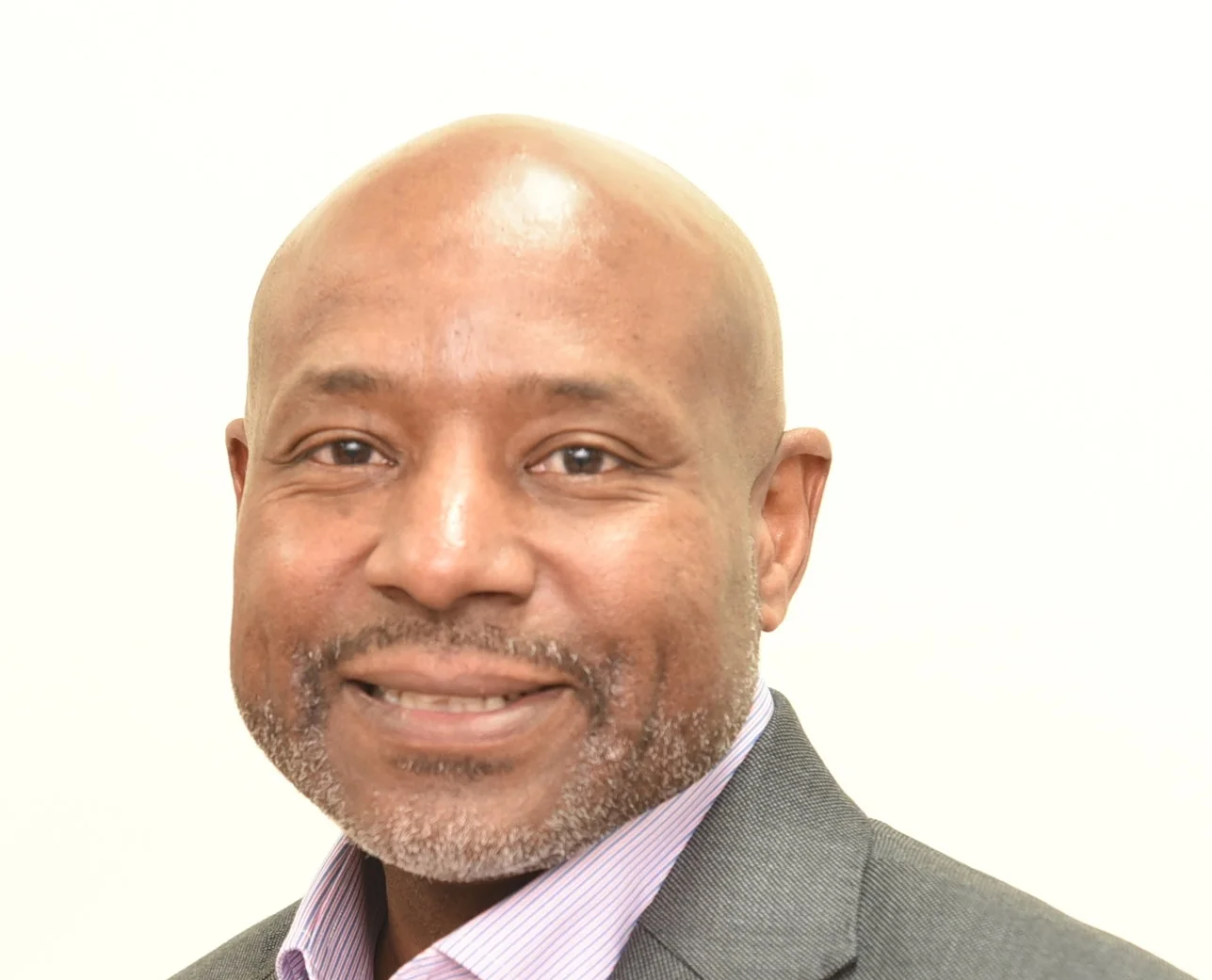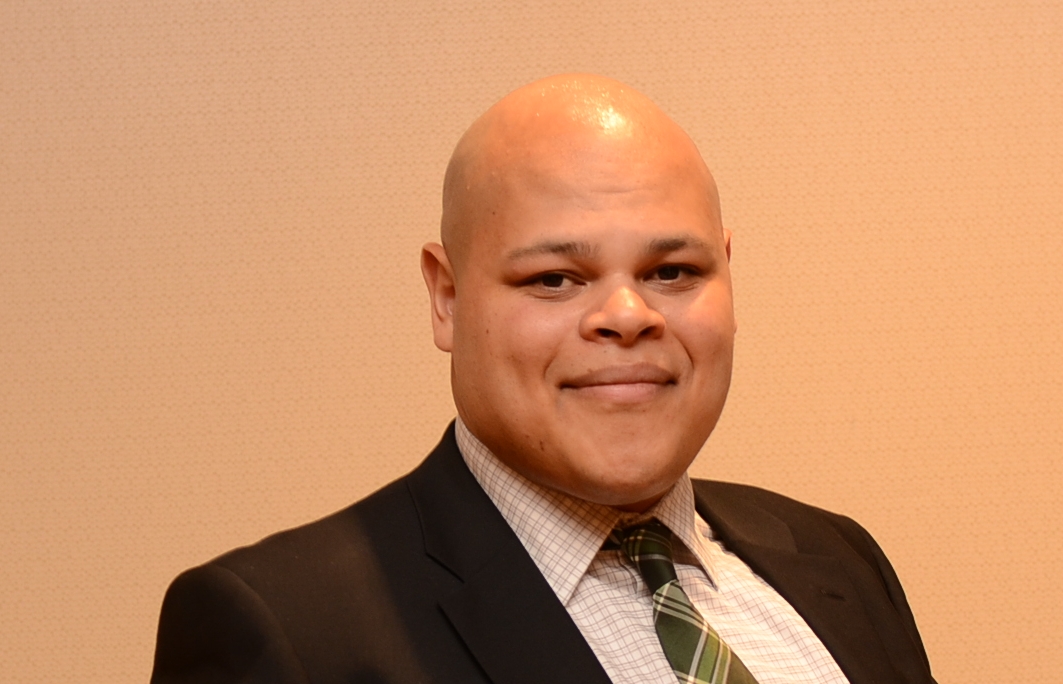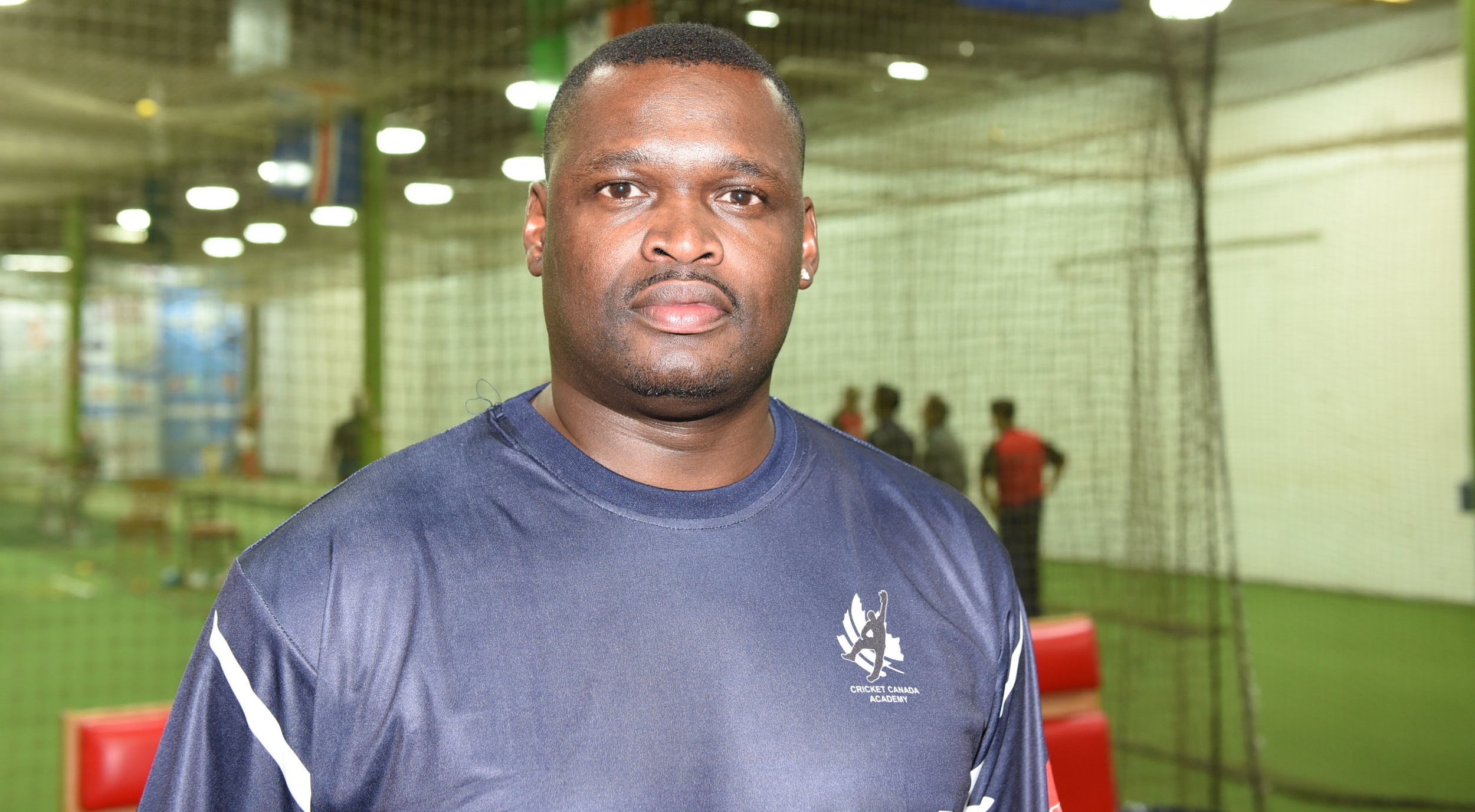Canada's beach volleyball coach sets bar high
April 5, 2018
At the first meeting with athletes, coaches and stakeholders after being hired five years ago to oversee Canada’s beach volleyball program, Steve Anderson threw out his prepared speech and spoke from the heart.
With the talent and facilities, he couldn’t fathom why the program wasn’t successful.
Since John Child and Mark Heese won bronze medals at the 1996 Atlanta Olympics, Canada’s best finish was sixth at the 2000 Sydney Games. The Canadians didn’t qualify for the 2008 Beijing Olympics.
The first words out of Anderson’s mouth were a direct question to the athletes.
“When was the last time you got off a plane and expected to win an international tournament?,” he asked.
Anderson was shocked by the response.
“They all laughed,” he said. “One guy had enough guts to stand up and suggest that what I was saying was a bit arrogant, they are Canadians and what I had said had an American tone.”
Aware that hockey is this country’s national pastime, Anderson reminded the group that every Canadian hockey team expects to win every tournament they enter.
“There was silence and, from the corner of my eye, I saw an athlete smiling and nodding as if to say ‘you are right’,” he pointed out. “I let them know that is the Canadian sporting spirit as far as I am concerned and we were going to put in the work and be prepared to win every competition we participated in. Changing the mindset was the priority.”
The Canadian women’s team of Heather Bansley and Sarah Pavan finished fifth in the 2016 Rio Olympics and Pavan, now teamed up with Melissa Humana-Paredes, are the top-ranked team in the world.
Sam Schachter and Sam Pedlow are the world’s 14th ranked men’s team.
Both teams are in Australia for the Commonwealth Games that started on April 4.
When Anderson made the decision to take up the Canadian assignment, failure wasn’t an option.
After 17 years living and working in Australia, he uprooted his New Zealand-born partner Alicia Malcolm-Anderson (they tied the nuptial knot in Toronto in 2014) and their young son to make a fresh start in a new country with a one-year contract.
“I wasn’t coming halfway around the world not to do well,” he said. “I had a plan on how the Canadian program was going to be successful and my biggest hurdle was getting the stakeholders to buy into it. Once that was accomplished, I knew things would work out well.”
Just minutes after Anderson and his partner decided they should relocate to North America so that he could be closer to his ailing mother, he checked his emails and found the Volleyball Canada head coaching position advertisement.
Canadian Sarah Maxwell, who was a professional beach volleyball player for eight years, forwarded it to Anderson.
“I called my wife who was at work and asked what she thought about going to Toronto,” he noted. “She was cool with the idea as she has some family members here.”
Anderson’s wife and son joined him a month after his arrival in January 2013.
Moving to a new country has its challenges as he soon found out.
“I didn’t have a car for the first year, so I had to take public transit from our home in the Beaches to Volleyball Canada’s Beach High Performance Centre at Downsview Park,” Anderson said. “The one-way ride lasted about 90 minutes and my wife and son were still asleep when I left for work most mornings. By the time I got back home at night, our son was sleeping. There were some nights when I slept at work because of bad weather conditions.”
With the majority of the national teams struggling to make it out of qualifiers prior to Anderson’s arrival, light was emerging at the end of the tunnel.
In 2013, there were four teams with more than three Federation Internationale de Volleyball top 17th place finishes and Ben Saxton and Chaim Schalk placed fifth at the world championships in Poland. It was Canada’s best men’s result at the global event.
The following year, the pair secured a bronze medal at the Parana Open tournament in Argentina.
With success came a four-year contract in 2017 for Anderson who is at the Commonwealth Games where the sport is making its debut.
“We are very excited to be taking four of the top beach athletes to the Gold Coast for the Games,” he said. “We are looking forward to making Canada proud and contributing to the team’s podium success.”
Anderson has come a long way since being introduced to volleyball while growing up in Kentucky.
His perception of the sport being only for girls changed when his cousins took him to Chickasaw Park in Kentucky’s west end and he was blown away seeing men rocketing spikes across the net.
“That is when I fell in love with the sport,” said Anderson who also played basketball, football and baseball. “I realized it was competitive, challenging and technical. Though I could run fast and jump high, I had to learn how to manage the ball and fit into a team sport.”
Being among a handful of Blacks playing the sport in the 1970s in Kentucky presented awkward and interesting moments.
“There was this one time we went to play in the hometown of the then Grand Dragon of the Klu Klux Klan,” he recalled. “While no Blacks lived in this town, my teammates reassured me they had my back and race didn’t mean anything to them. While I believed what they were saying, I said if I was dating any of your daughters, I wouldn’t be just Steve the guy but Steve the Black guy. They thought about it and then Jack, who was my buddy, said, ‘You are right. It does make a difference’.”
Turned on to beach volleyball while watching the sport on television, Anderson moved to Southern California and played part-time in the Association of Volleyball Professionals (AVP) pro league.
The sport’s popularity led to the formation of the International Volleyball Association (IVA) in 1977 with Motown Records founder Berry Gordy backing the San Diego Breakers and the late Hall-of-Fame basketball player Wilt Chamberlain owning and occasionally representing the Southern California Bangers.
The league folded in mid-season three years later.
Working in sales and marketing to make some extra money, Anderson started coaching in 1981 when some female pro players asked him to work with them.
“I was 27 at the time, and I figured I could train, become a full-time pro and also coach,” he said. “After the first year, I had 13 clients of which six were pro athletes.”
When Australians Kerri Pottharst and Natalie Cook, a five-time Olympian, were looking for a coach to help them break through the Americans and Brazilians dominance, they chose Anderson who moved ‘Down Under’ in 1996 to train them full-time.
The team won a gold medal at the 2000 Sydney Olympics and Pottharst, who retired three years later because of a knee injury, said Anderson was the best coach in the world.
The only Black coach to work with an Olympic volleyball team, Anderson is enjoying his time in Canada while raising his nine-year-old son.
When Anderson was the same age as his son is now, his father was fatally shot while trying to quell an argument between two intoxicated friends.
His wife played beach volleyball for New Zealand prior to making her indoor debut in 2010 for the island country that placed third at the Oceania championship.
She’s a cousin of celebrated Jamaican-born athlete Merlene Ottey who reeled off 56 straight 100-metre victories and was victorious in 58 of 61 100 and 200-metre races between the 1990 Commonwealth Games in Auckland and the 1992 Barcelona Olympics.






